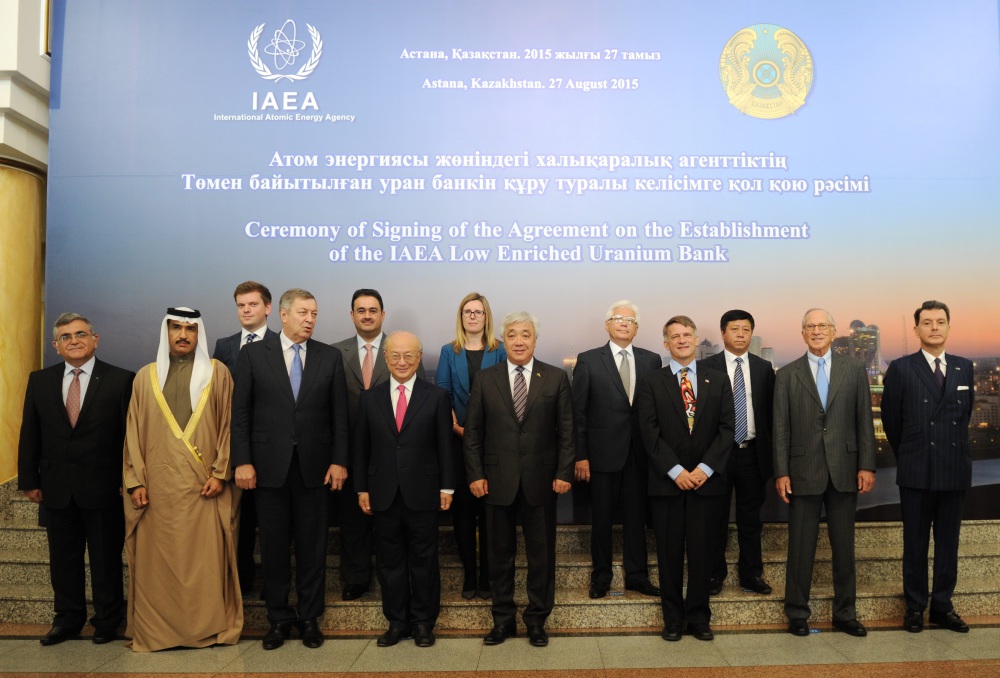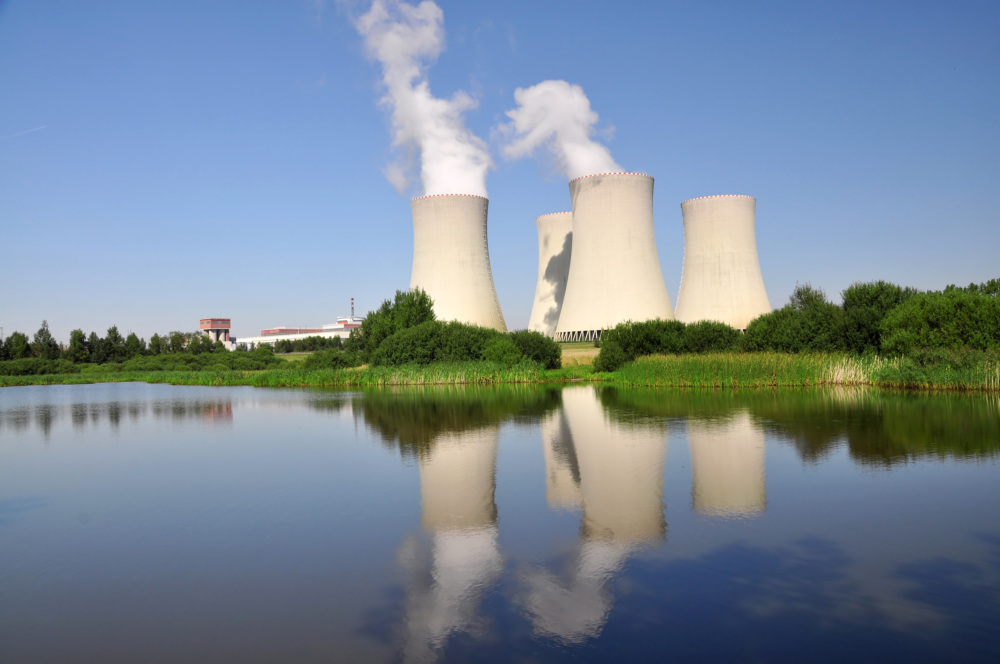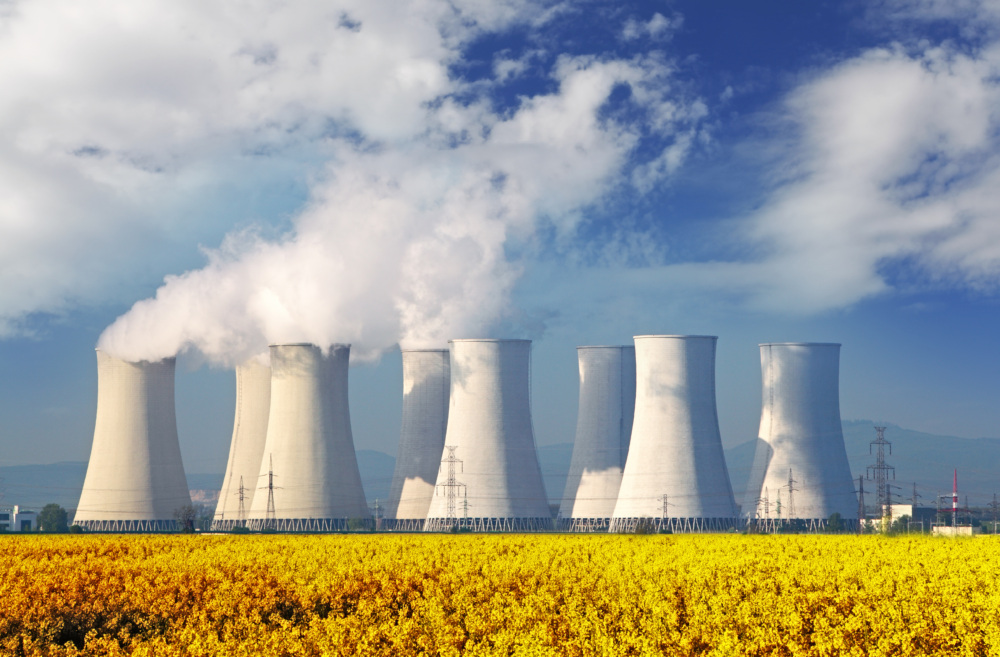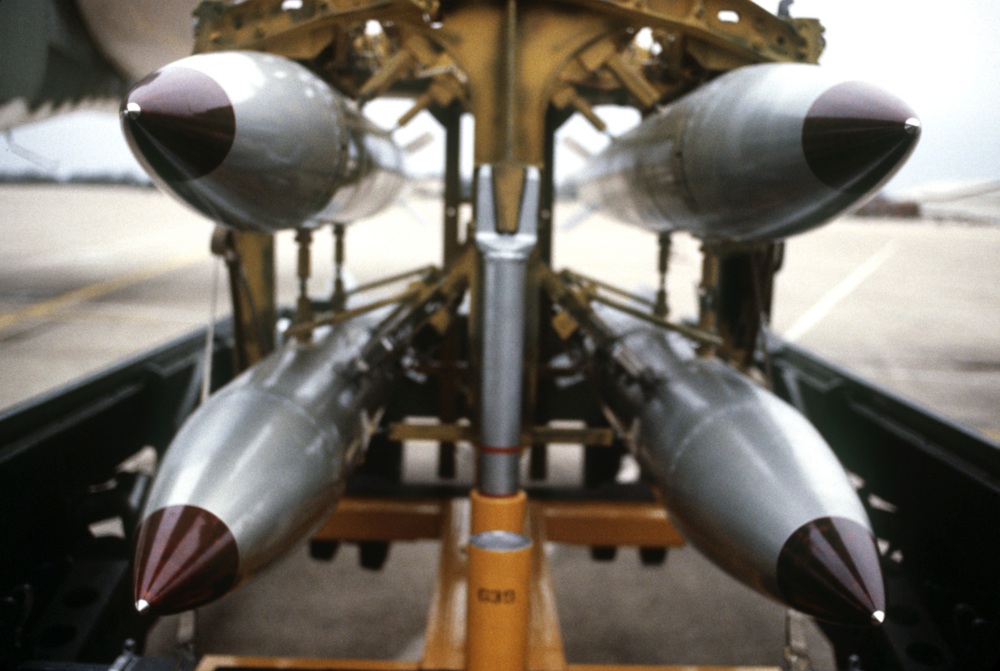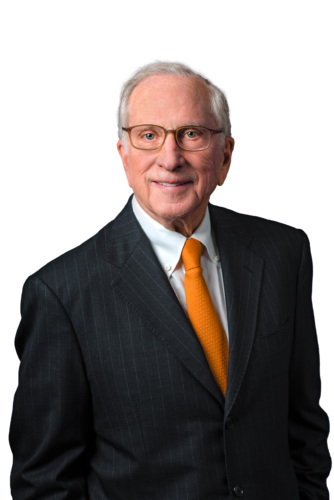
Sam Nunn
Co-Founder and Co-Chair, NTI
Director General Amano, Minister Idrissov, Minister Shkolnik – I am honored to be here in Kazakhstan to personally witness this significant milestone in global cooperation to reduce nuclear risk. This IAEA fuel bank will enable and encourage peaceful uses of nuclear energy while reducing the risks of proliferation and catastrophic terrorism.
NTI has been honored and excited to play a role in moving the fuel bank concept to a near-reality. There are a few key players that I must thank – starting with NTI supporter and advisor Warren Buffett who enabled our financial commitment of $50 million to help jump-start this reserve. Since authorizing me to make the pledge to the IAEA in 2006, Warren has not only been generous, but also very patient—and with a sense of humor.
I have a message from Warren I would like to briefly share:
“Sam, please express my deep appreciation to both President Nazarbayev and Director Amano as well as our other partners for their outstanding leadership in taking this big step today. I look forward to the time soon when the fuel bank will become an operational reality. Please tell the decision-makers that I am a patient and long-term investor and that I know international agreements take time – but also tell them that I am 84 years old!”
I am grateful to the government of Kazakhstan for hosting this fuel bank and for your outstanding leadership in reducing nuclear dangers. President Nazarbayev and Kazakhstan set an example for the world—and you do so again today.
Director General Amano, to you and the Board of Governors and the entire IAEA team, we thank you for your global leadership and for your tenacity and commitment to making this fuel bank a reality.
NTI is also grateful to the countries that provided support to match the NTI-Buffett contribution: the European Union, Kazakhstan, Kuwait, Norway, the United Arab Emirates, and the United States – represented today by two outstanding public servants – Ambassador George Krol and Tom Countryman of the U.S. State Department. I also want to recognize Andy Weber, formerly with the Department of Defense, who supported this important initiative.
I am proud of our NTI team who worked tirelessly on this effort – including Charlie Curtis, Laura Holgate, Joan Rohlfing, Corey Hinderstein, and Andrew Bieniawski.
We are all here today in Astana because we believe that locating the fuel bank in Kazakhstan is a cornerstone in developing a new and improved approach to reducing the risks associated with producing fuel for civil nuclear power.
Important steps have been taken to strengthen nuclear materials security and IAEA safeguards globally, but we all know that “we have miles to go before we sleep.” While the Non-Proliferation Treaty has been very valuable to the world, we also know that there are several dangerous gaps. The Treaty declares what many interpret as an unrestricted, sovereign right to nuclear technology for peaceful purposes. But this happens to be the same technology that can lead to weapons that can destroy God’s universe. This is a challenge to global leadership.
A few crucial questions that will help determine whether nuclear technology in the future will continue to benefit or threaten mankind:
My message today – our biggest obstacles are political, not technical. We are in a race between cooperation and catastrophe. Today in Astana, Kazakhstan, we are accelerating our pace and running much faster. This is a global race we must win. Thank you.
###
Sign up for our newsletter to get the latest on nuclear and biological threats.
At this critical juncture for action on climate change and energy security, 20 NGOs from around the globe jointly call for the efficient and responsible expansion of nuclear energy and advance six key principles for doing so.
To make good on their COP28 pledge, countries need a new approach to building, regulating, and financing nuclear technology.
Understanding nuclear materials, including how plutonium and enriched uranium are produced, and the basics of nuclear energy and nuclear weapons, is the focus of this tutorial.
